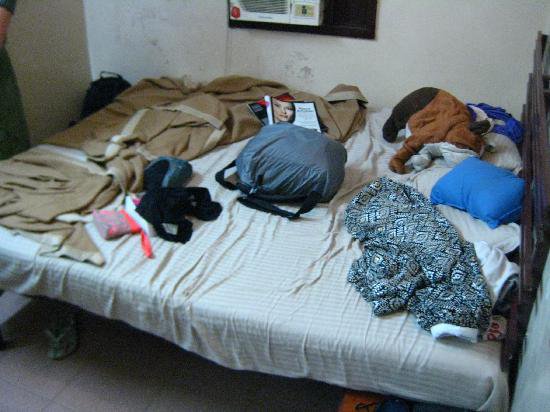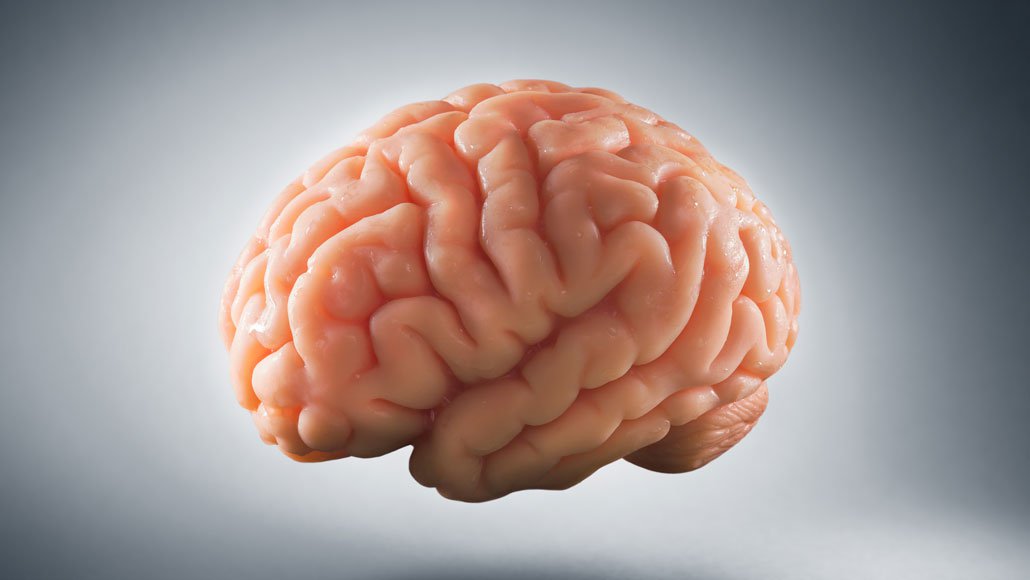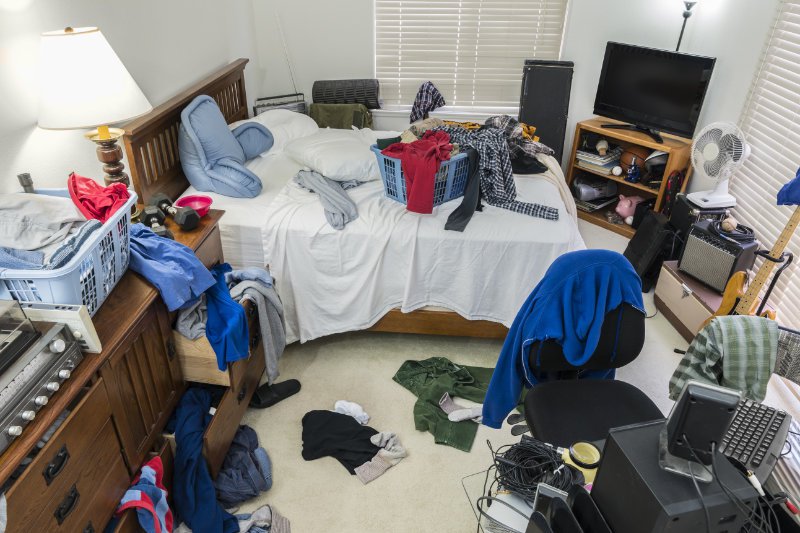Do you find it impossibly hard to keep you room tidy and clutter-free? Over the past few months, you’d be forgiven if that was the case. Lockdown hasn’t exactly given us much incentive to keep things clean. But there might also be a psychological reason for it.
According to therapist Kate Ecke, L.C.S.W., it’s the ‘same reason why some people get excited about going to the gym on January 1, but then lose interest by February.’
You get an initial burst of energy when you first put things in order, but people don’t follow through if they don’t value it

She also added that ‘When we are in chaos, so are our homes, work spaces and cars’. Considering the state of the world right now, it’s no surprise our rooms might be messy.
You get an initial burst of energy when you first put things in order, but people don’t follow through if they don’t value it. The initial ‘high’ of a clean house triggers the reward center in our brain.

While speaking to Bustle, one person said,
After my initial quarantine cleaning frenzy, I’ve been intentionally avoiding deep cleans because it just stresses me out to try to keep up with it.
Another added,
My pandemic deep cleans last about a week. I think it’s because I don’t have the systems in place to support a de-cluttered environment. Like, that’s not my life, I don’t put a lot of value in returning things to where they came from on a daily basis.

So what Ecke is basically saying is that living with no mess can feel good, as you master that control over your environment, but after a while it doesn’t feel like enough. However, she also added there is nothing wrong with having a junk drawer or letting things get messy and then cleaning them

















